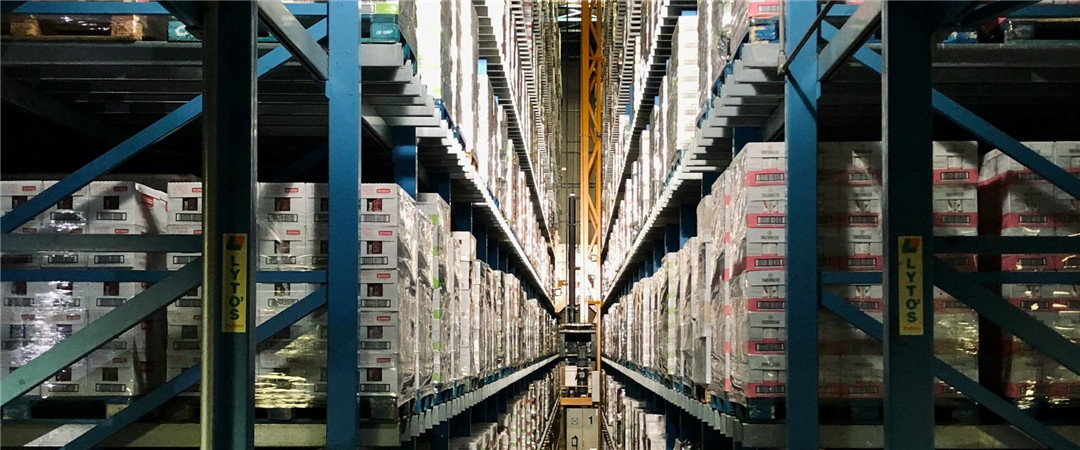Q&A | Does the Minimum Price Restriction on Distributors Necessarily Violate the Anti-Monopoly Law?
2024. 3. 21
Q&A | Does the Minimum Price Restriction on Distributors Necessarily Violate the Anti-Monopoly Law?

As a corporate law firm, we are used to answering many questions from our clients about their business in China. In this series of Q&A articles, we will discuss some of the topics that our clients have shown interest in.
Question: Does the minimum price restriction on distributors necessarily violate the Anti-Monopoly Law?
Answer: Whether the minimum price restriction on distributors violates the Anti-Monopoly Law requires a comprehensive consideration of various factors, including whether the restriction is reasonable, whether it excludes or restricts competition, and whether it harms consumer interests.
According to Article 18 of the Anti-Monopoly Law, the trading counterparties fixing the price of goods resold to a third party, and limiting the minimum price of goods, belongs to the monopoly agreement reached by the operator and the distributor, which shall be deemed as the violation of the Anti-Monopoly Law. This is also known as a "vertical monopoly agreement", such as the vertical monopoly case of Maotai liquor. From 2012 (until it was investigated in 2013), Maotai Liquor Sales Co., Ltd. stipulated the minimum price for distributors to sell Maotai liquor to third parties through contract agreements and punished the behavior of selling Maotai liquor at low prices. In this regard, the regulatory authorities determined that it constituted a vertical monopoly agreement for the sale price of Maotai liquor, excluded and restricted market competition, and harmed the interests of consumers. After the above-mentioned behavior of Maotai Liquor Company was investigated, the company actively cooperated with the investigation, voluntarily returned the illegally deducted deposit, and carried out in-depth rectification in accordance with legal requirements in a timely manner, and finally imposed a fine of 247 million yuan on the company according to law.
The Maotai liquor case was investigated according to the old Anti-Monopoly Law. The newly revised Anti-Monopoly Law in 2022 stipulates "monopoly agreements, which refer to agreements, decisions or other concerted actions that exclude and restrict competition" as an independent provision. And further clarified: for monopoly agreements, "if the operator can prove that it does not have the effect of excluding and restricting competition, it will not be prohibited." "If the operator can prove that its market share in the relevant market is lower than the standard stipulated by the State Council's anti-monopoly law enforcement agency, and meets other conditions stipulated by the State Council's anti-monopoly law enforcement agency, it will not be prohibited."
That is to say, the purpose of the Anti-Monopoly Law is to create a healthy market environment and protect the overall consumer interest. It does not mean that all minimum price restrictions on distributors will violate the Anti-Monopoly Law. If the agreement has the effect of excluding and restricting competition, it may be determined as a vertical monopoly agreement. But if the restriction is reasonable, or if the market share in the relevant market is lower than the stipulated standard, then the restriction may be legal.
Of course, considering that such exemption conditions depend on the recognition of the regulatory authorities, from the perspective of corporate compliance and minimizing legal risks, it is recommended that operators still try to avoid reaching a minimum price restriction with distributors.



